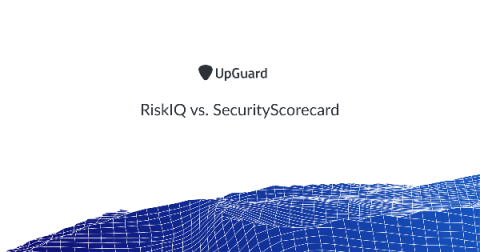Newly-discovered Android malware steals banking passwords and 2FA codes
Security researchers at Cybereason are warning of a new mobile banking trojan that steals details from financial apps and intercepts SMS messages to bypass two-factor authentication mechanisms. According to experts who have examined the code of the malware, known as EventBot, it differs substantially from previously known Android malware – suggesting that it might be written by a new group of cybercriminals.









